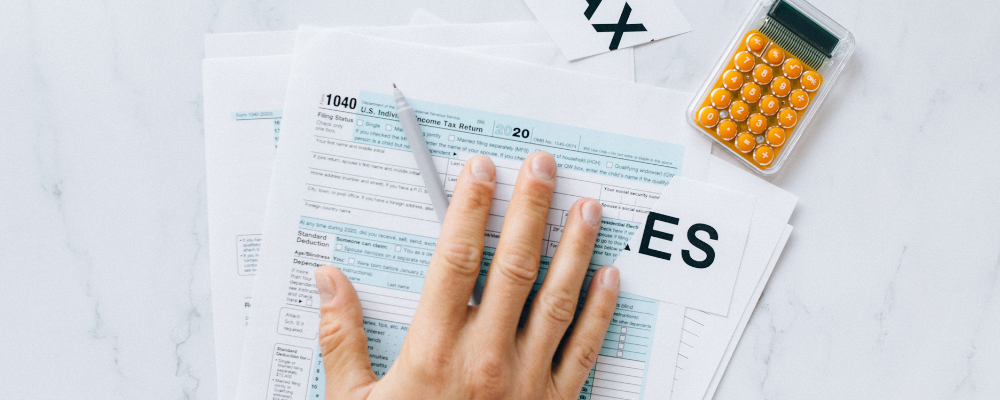
10 Ways to Protect Your Personal Info During Tax Season
As technology continues to evolve, securing your personal records and finances becomes more important than ever. This 2021 tax season, make sure you’re taking the necessary steps to keep your information safe. Here are our top tips for securing your financial records and personal information:
1. Use a Secure Online Option
Instead of receiving tax forms via traditional mail, take advantage of secure online alternatives. Many financial institutions, employers, and banks offer online options that help streamline the tax process while keeping your documentation safe. These secure portals help protect your personal data from potential threats.
2. Monitor Your Credit Report Regularly
Regularly reviewing your credit report is essential for spotting fraudulent activity. Using a credit monitoring service provides peace of mind, especially if you didn’t receive an expected tax document or if your mail has been tampered with. Be proactive by checking for any unauthorized accounts or charges and reporting them immediately.
3. Consider Using a Tax Preparation Service
Working with a reputable tax preparation service can save you time and help prevent mistakes during tax season. Be sure to ask your tax professional how they store your personal data and what security measures they take to protect your sensitive information. Trustworthy professionals understand the importance of confidentiality.
4. Opt for Online Filing When Possible
Filing your taxes online is often the fastest and most secure option. If you choose to mail your tax return instead, use certified mail to track your submission and confirm it arrives safely.
5. What to Do if Your Tax Return Is Rejected
If the IRS rejects your return because someone has already filed it under your name, take immediate action. Contact the IRS Identity Theft Central and follow their steps to resolve the issue as quickly as possible.
6. Keep Your Personal Information Updated
Make sure your personal details, such as your address, are always up to date with your employers, financial institutions, and any firms handling your loans or savings. Failure to do so can result in important documents being sent to the wrong address, leaving you vulnerable to missed deadlines or even identity theft.
7. Create a Document Checklist
Before the start of tax season, create a checklist of documents you’re waiting to receive. By staying organized and tracking these items, you’ll be able to spot if anything is missing, reducing the chances of a delay in filing your return.
8. Store Your Documents Safely
Ensure your tax documents are stored securely at home. And once you receive any records, keep them in a safe place to avoid theft or damage. Treat your tax paperwork with the same level of care as you would your most sensitive financial documents.
9. Be Aware of Tax Filing Deadlines
According to the IRS, documents like W-2s and 1098s must be postmarked by January 31st. If you haven’t received them by the end of February, it’s time to check in with the senders to confirm they’ve been mailed to the correct address.
10. Use Strong, Secure Passwords
Creating strong passwords for your online accounts is critical. While it may be tempting to use simple passwords, they’re easier to crack. Incorporate special characters, numbers, and a combination of upper and lower case letters to ensure your passwords are as secure as possible. Regularly updating your passwords is also a good habit to protect your information from online threats.
By following these 10 Ways to Protect Your Personal Info During Tax Season, you can rest assured that your information is safe during the 2021 tax season and beyond. Stay proactive, stay vigilant, and protect your sensitive data.